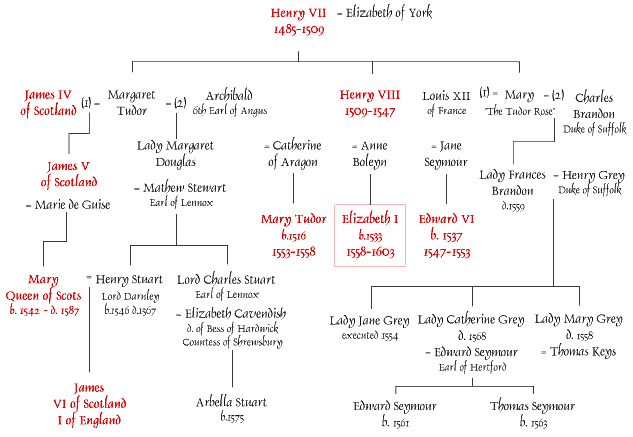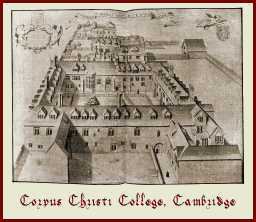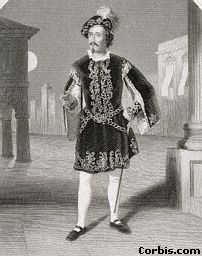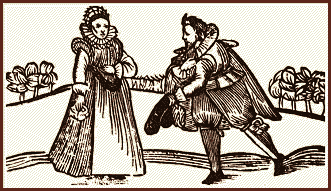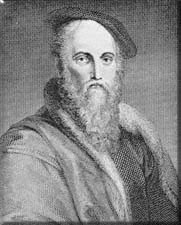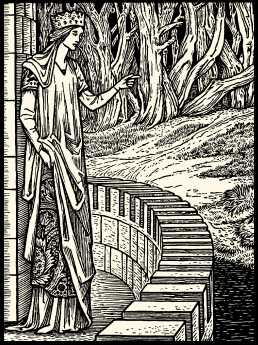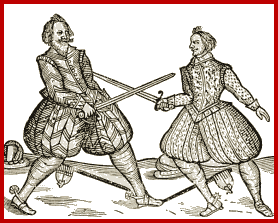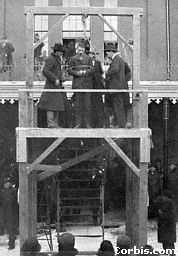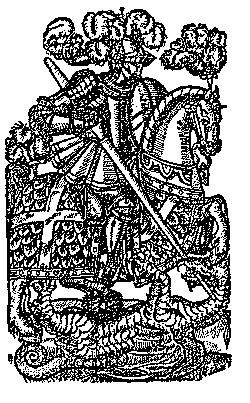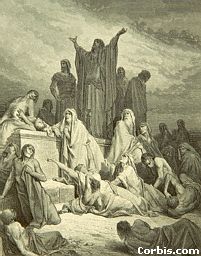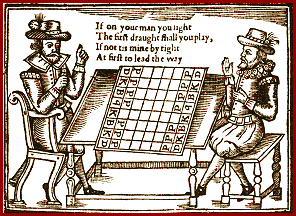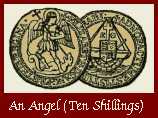 |
"Sonnet 1" is given from a poet's point of view. He tells his love how all that he writes is for her eyes alone. He seeks no praise from others, and his efforts are rewarded if his "leaves" of poetry are blessed by even the slightest attention from her eyes. Indirectly, he praises her as his only source of inspiration. |
| "Sonnet 26" uses parallelism to restate how every plant has its "sweet" and "sour." However, the key point goes beyond the belief that you must take the bad with the good. Spenser contends that it is the pain or danger from the bad ("sour") that makes the good ( "sweet") so much more desirable. Thus, the bad makes the good better. |
 |
 |
"Sonnet 75" is also given from a poet's point of view. When the woman tells the poet that his writing in the sand is a waste of time, that it will be washed away by the tide (symbolic of time passing), the poet responds that not all of his words will be washed away. Words he has written will keep their love love alive, hundreds of years after the two of them have died.
|
Shakespeare's Sonnets
| "Sonnet 29" sounds like the ultimate complaint, as the poet says how everyone he knows has something better than he: skills, appearance, wealth, friends, and luck. When he reaches the point where he feels God refuses to hear his prayers, he remembers his love which makes him feel more wealthy than any other man. |
 |
 |
In "Sonnet 73," the speaker is an older man, rapidly approaching the time when his hair will turn gray and fell from his head (this is compared to leaves turning yellow and eventually falling from trees each year as winter approaches). He claims that she loves him more because the sings of nature say she will lose him in the near future. |
| "Sonnet 116" attempts to define true love. The poet claims that, like the North Star which can always be found in the same spot in the night sky, true love never changes, even when there are good reasons for it to change. also, true love lasts until the end of time. |
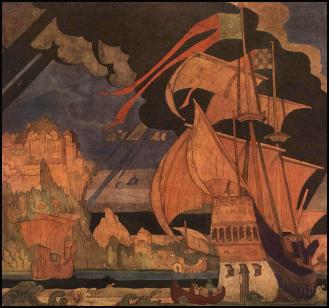 |
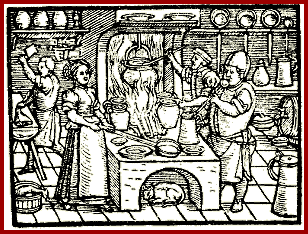 |
"Sonnet 130" is rather comical. The poet insults his lover in numerous ways, attacking her appearance, her lack of grace, and even her physical attributes like voice and breath. Eventually, he claims that these "unique" features make his love special and show that he really loves her. |
Shakespeare's Songs (taken from plays)
| "Tell Me Where Fancy Is Bred" comes from The Merchant of Venice. While it tells of one kind of love, fancy, the love of first impressions that is created in the eyes, it suggests that there are two other types. The love born in the mind is logical and calculating. True love,however, is the love born in the heart. |
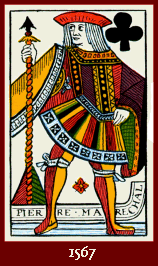 |
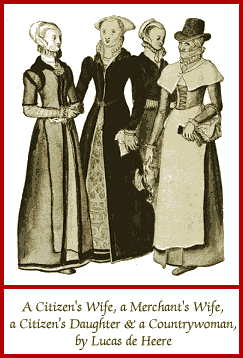 |
"It Was a Lover and His Lass" comes from As You Like It. Here, at a wedding ceremony, the singer says that Spring is the "ringtime," the time for marriage. More than simply saying that weddings are nicer in Spring, the song suggests that Spring is man's time of youth and people should marry when they're young. |
| "Fear No More the Heat o' the Sun" comes from Cymberline. Though sung by a clownish figure, the song has serious implications. To rationalize the loss of a loved one, the singer tells of all of the suffering and misery of life that no longer has to be endured when one is dead. Thus, death frees one from life's punishments. |
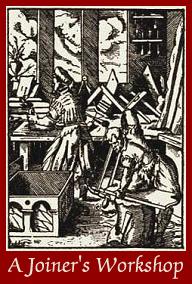 |
King James Bible
| King James Bible can be treated as literature and art. It was a huge project which was accomplished by a committee of scholars appointed by King James I to translate the bible from Greek and Latin, not the corrupted French. Also, these scholars were commissioned to employ verse forms wherever possible and appropriate. |
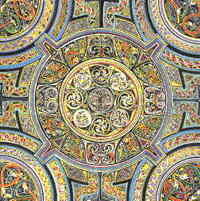 |
 |
"Psalm 23" is from the Old Testament. Psalm means song of praise. The theme is obedience and parental control by God who works in the role of the shepherd. If man obeys his God and remains within the flock, God will protect him and he will have no need to fear anything. |
| "Luke 15:11-32 (The Parable of the Prodigal Son)" is from the New Testament. a parable is a story with a lesson or moral to be deduced. The older brother who has done his duty is angry that the younger brother is welcomed back after behaving badly. The lesson, provided by the joyful father, is that love supersedes fairness or justice. |
 |
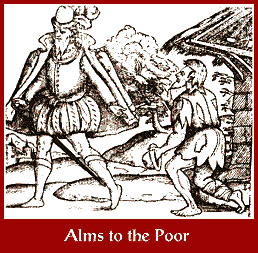 |
"I Corinthians 13" is from the New Testament. Paul, in his speech to the Corinthians, names the three chief virtues as faith, hope, and charity or love. Charity or love must be elevated above the others because it is completely unselfish and the other two virtues are worthless without it.
|
